When 18-year old nun, Anna about to take her vows, is forced by her Mother Superior to meet with her only living relative, her aunt, Wanda, she does so reluctantly. She meets with her aunt who divulges the secret that she is Jewish & named Ida. Together with her aunt, Anna voyages to discover how her parents died and where they were buried.
|
Language:
|
Polish
|
|
Running Time:
|
82 min
|
|
Rating:
|
PG-13
|
|
Release date:
|
12 February 2014
|
|
Directed by:
|
Paweł Pawlikowski
|
|
Produced by:
|
Eric Abraham
Piotr Dzieciol
Ewa Puszczynska
|
|
Written by:
|
Rebecca Lenkiewicz
Paweł Pawlikowski
|
|
Starring:
|
Agata Trzebuchowska
Agata Kulesza
Joanna Kulig
Dawid Ogrodnik
Adam Szyszkowski
Jerzy Trela
|
|
Music by:
|
Kristian Eidnes Andersen
|
|
Shot by:
|
Łukasz Żal
Ryszard Lenczewski
|
|
Edited by:
|
Jaroslaw Kaminski
|
|
Distributed by:
|
Solopan
|
What’s Hot
What’s Not
Badges
Verdict
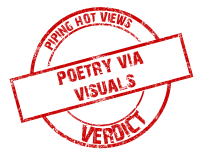

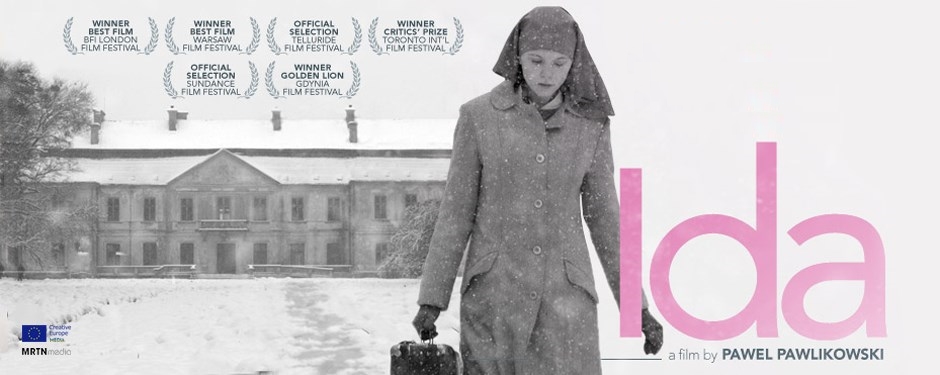
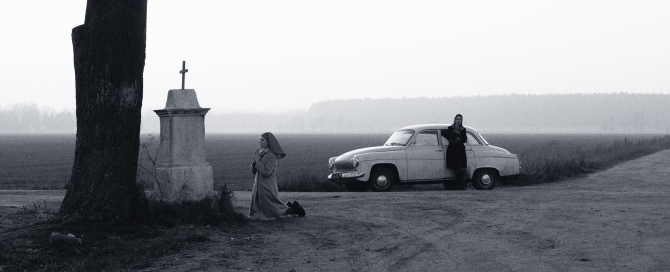
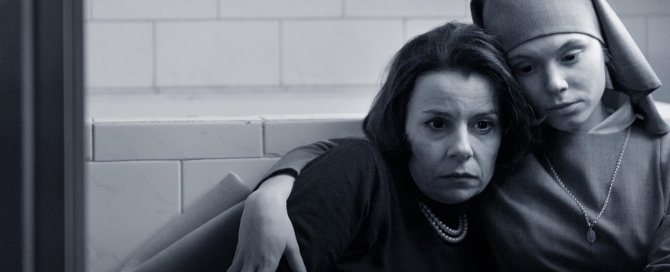



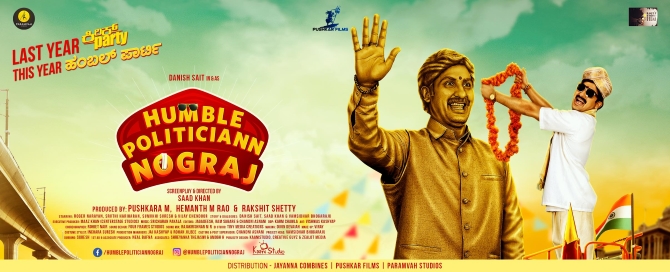
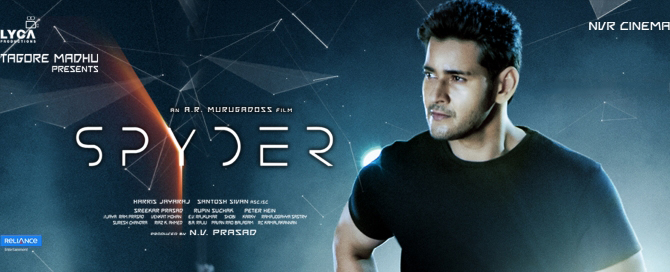
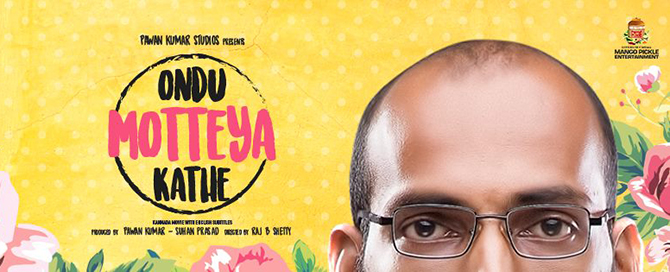
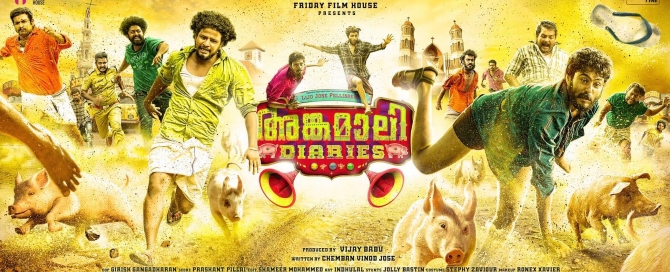
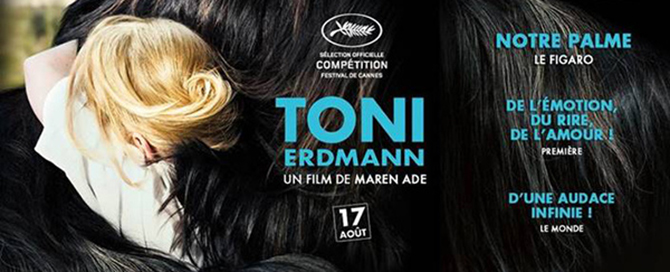
Leave A Comment